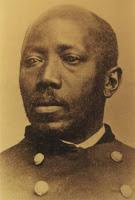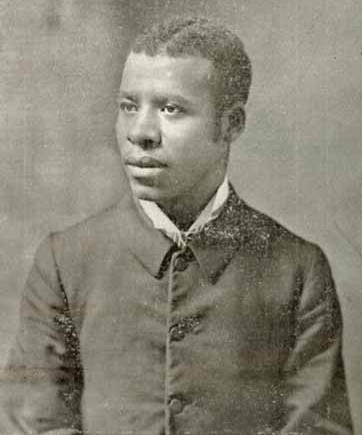This content is being reviewed in light of recent changes to federal guidance.
Black Men and Informal Educational Networks
Over the past two weeks, I have explored how issues related to literacy and access as central thematic concerns in books by African American writers. Here is a list of novels, ranging from 1852-2006, mentioned so far:

Frederick Douglass’s Heroic Slave (1852)
Martin Delany’s Blake; or, the Huts of America (1862)
Sutton E. Griggs’s Imperium in Imperio (1899)
Ishmael Reed’s Flight to Canada (1976)
Toni Morrison’s Song of Solomon (1977)
Charles Johnson’s Middle Passage (1990)
Paul Beatty’s The White Boy Shuffle (1996)
Percival Everett’s Erasure (2001)
Colson Whitehead’s Apex Hides the Hurt (2006)
The significance of education for the intellectual development and social mobility of black male protagonists is apparent in these novels, like many more African American literary texts. As I looked a little closer at the works that I have covered so far, I began to wonder more about the life educational experiences of the authors—Douglass, Delany, and Griggs—who published works before 1900.

Malcolm Gladwell’s work on “outliers,” that is, seemingly exceptional individuals who are in fact “beneficiaries of hidden advantages and extraordinary opportunities and cultural legacies” provides useful approaches for considering the literary accomplishments of these individuals. (19). According to Gladwell, outliers reach “their lofty status through a combination of ability, opportunity, and utterly arbitrary advantage” (37).
Douglass did not attend school in the formal sense, but in his narrative, The Narrative of the Life, he comments on how his informal networks of education helped him to understand “the pathway from slavery to freedom.” Martin Delany on the other hand, had some level of high school education, but he did not complete formal training in its entirety.
Just as Douglass drew on informal networks, Delany cultivated his intellectual abilities—even joining Douglass’s North Star Newspaper as a writer in 1847. Delany and his siblings, again similar to Douglass, were self-taught, relying on newspapers and spelling books to further their education. Delany also attended school in a staggered schedule, but never earned an official degree of completion.

Sutton E. Griggs, though, stands alone in being the only author, among the ones I have focused on at least, to publish a book before 1900 and hold two degrees: one from Bishop College in Marshall, Texas, and another from Richmond Theological Seminary.
The roles that informal networks of education play in the lives of writers could be an important subject of consideration, especially when we see portraits of such informal networks depicted in literary works. The particular ways that black writers present those informal networks in their works might provide us with useful information concerning their views of how African American men acquire and share knowledge.